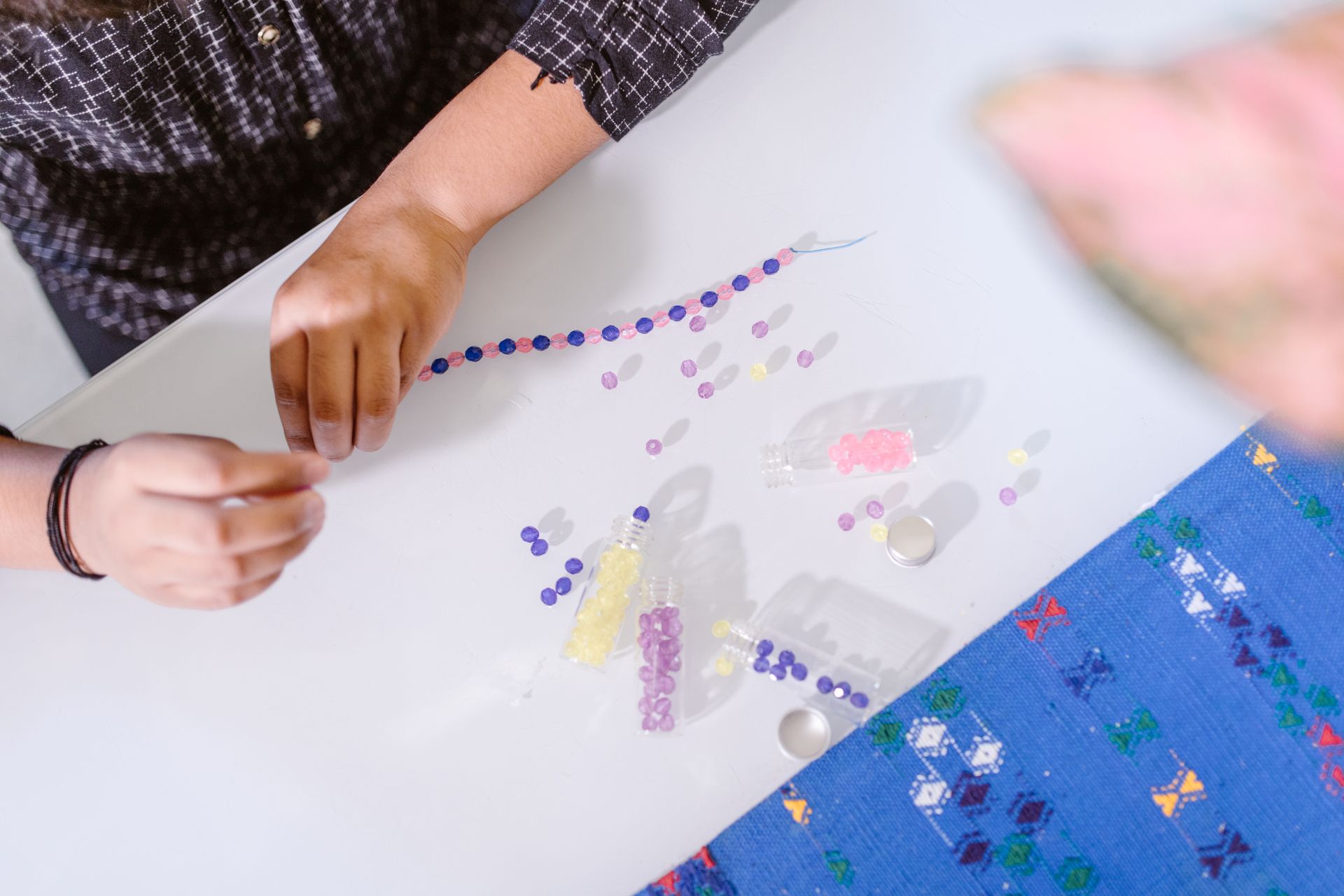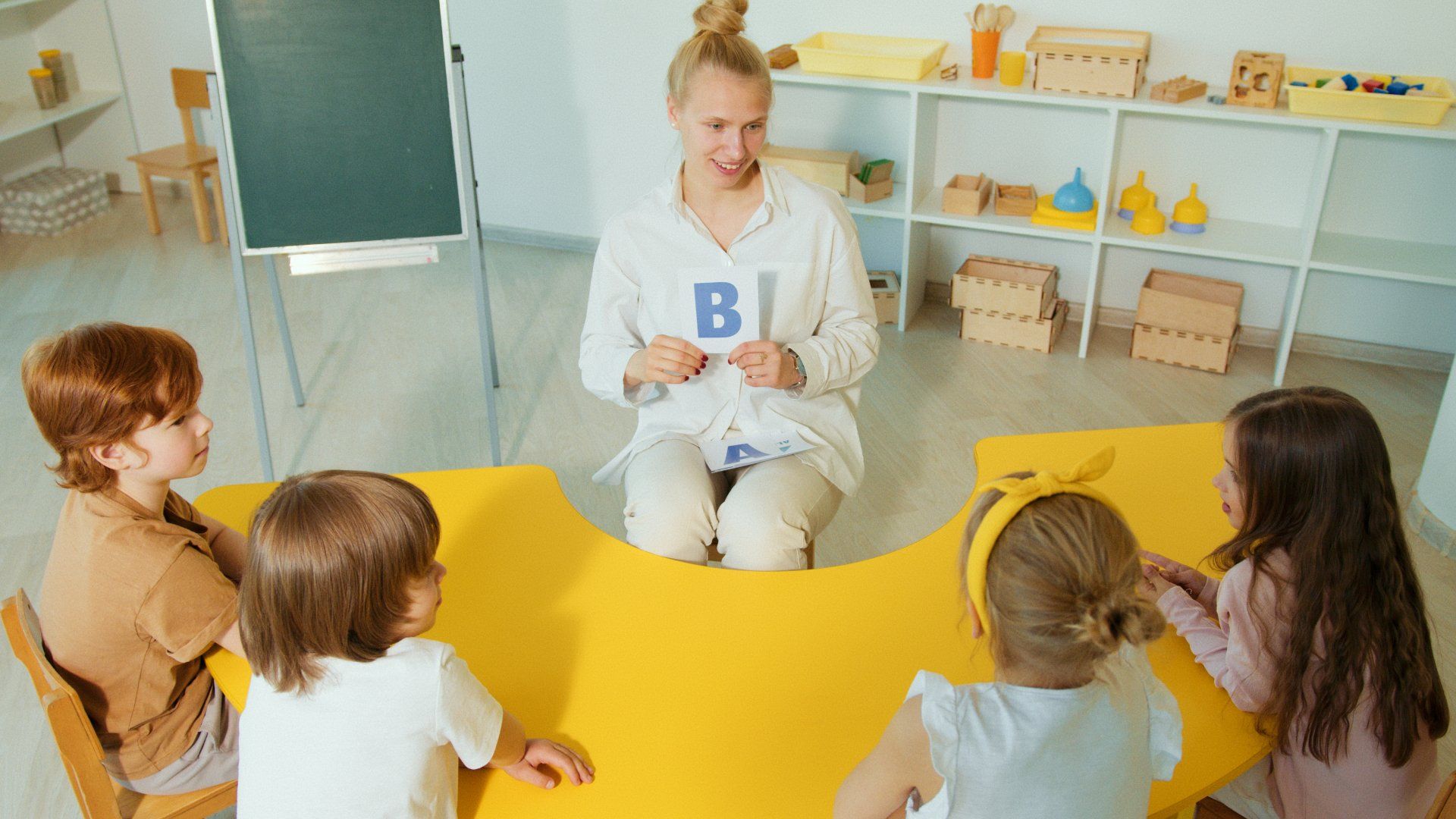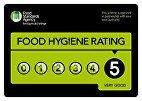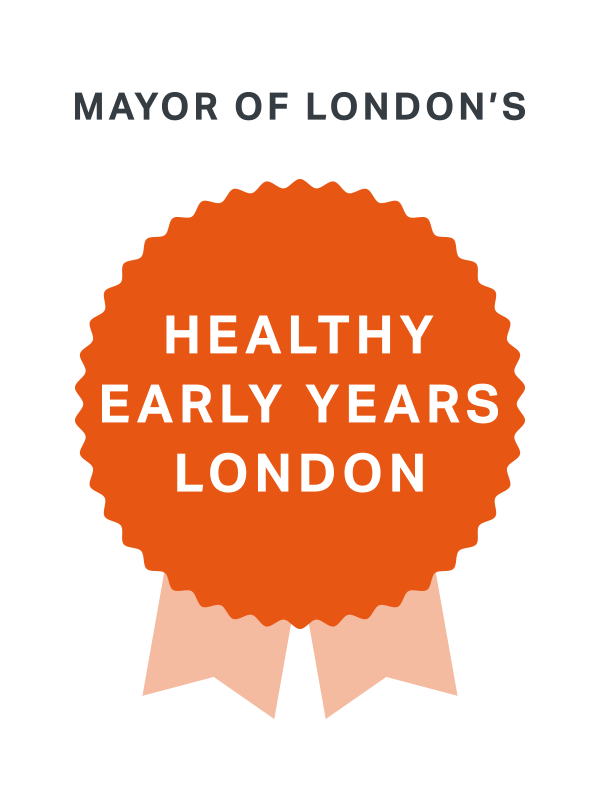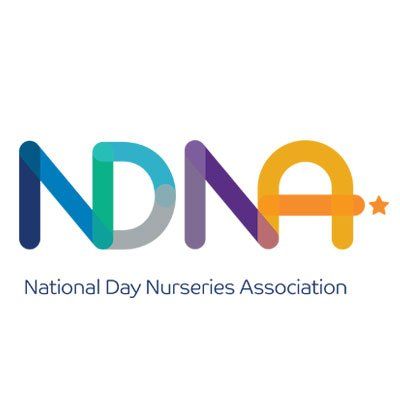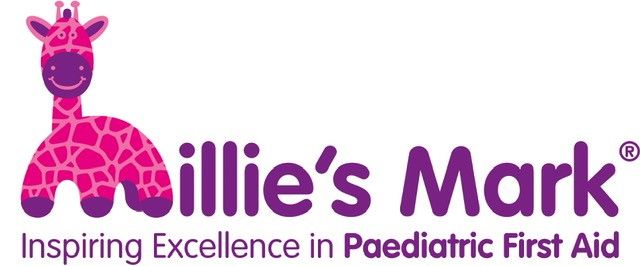Understanding Child Development Stages in the UK
Understanding Child Development Stages in the UK

Understanding child development stages is crucial for parents, caregivers, and educators in the UK. This knowledge helps in providing the right support and creating an environment that fosters growth and development. This article covers the key stages of child development, from prenatal to adolescence, highlighting important milestones and providing tips to support children's growth.
Growth Development Stages
Prenatal Development
Prenatal development is the stage that begins from conception and continues until birth. It is divided into three stages: germinal, embryonic, and fetal.
Germinal Stage (0-2 weeks)
- The zygote forms and implants itself in the uterine wall.
- Cell division begins, and the foundation for the placenta is established.
Embryonic Stage (3-8 weeks)
- Major organs and structures start to form.
- The heart begins to beat, and the brain starts to develop.
Fetal Stage (9 weeks to birth)
- Rapid growth and development of organs.
- The baby can move, hear sounds, and respond to external stimuli.
Maternal health and prenatal care are crucial during this period. Regular check-ups with healthcare providers, maintaining a balanced diet, avoiding harmful substances, and taking prenatal vitamins are essential practices recommended by the NHS.
Infant Development (0-12 months)
Physical Development
- 0-3 months: Lifts head when lying on tummy, starts to smile.
- 4-6 months: Rolls over, sits with support, reaches for objects.
- 7-9 months: Crawls, stands with support.
- 10-12 months: Walks holding onto furniture, begins to take first steps.
Cognitive Development
- Recognises familiar faces and objects.
- Explores objects by putting them in the mouth.
- Begins to understand cause and effect (e.g., shaking a rattle to make noise).
Social and Emotional Development
- Develops attachment to primary caregivers.
- Begins to show fear of strangers.
- Responds to social stimuli with smiles and babbling.
The NHS provides numerous resources for supporting infant development, including regular health visitor check-ups and developmental assessments.
Toddler Development (1-3 years)
Physical Development
- 1-2 years: Walks independently, begins to run, climbs onto furniture.
- 2-3 years: Kicks a ball, starts to pedal a tricycle, begins potty training.
Cognitive Development
- 1-2 years: Follows simple instructions, points to objects when named.
- 2-3 years: Begins to use simple sentences, understands basic concepts (big/small).
Social and Emotional Development
- Shows independence and defiance.
- Begins parallel play with other children.
- Develops a sense of self and starts to show preferences.
UK-specific guidelines and support, such as those from health visitors and early years practitioners, provide valuable assistance during the toddler years.
Preschool Development (3-5 years)
Physical Development
- Gains better coordination and balance.
- Can dress and undress with minimal assistance.
- Begins to draw shapes and simple figures.
Cognitive Development
- Understands time concepts (past, present, future).
- Engages in pretend play and makes up stories.
- Begins to recognise letters and numbers.
Social and Emotional Development
- Develops friendships with peers.
- Shows empathy and concern for others.
- Manages emotions better and starts to follow rules.
The Early Years Foundation Stage (EYFS) framework in the UK guides early education and development, ensuring children are prepared for school.
Early School Age Development (6-8 years)
Physical Development
- Increased strength and coordination.
- Enjoys physical activities like running, jumping, and playing sports.
Cognitive Development
- Reads and writes independently.
- Solves simple maths problems.
- Understands more complex instructions and stories.
Social and Emotional Development
- Builds stronger friendships and understands the concept of teamwork.
- Develops self-esteem through achievements and recognition.
- Manages emotions more effectively, though still needs guidance.
In the UK, Key Stage 1 and 2 milestones help track children's progress in these early school years.
Middle Childhood Development (9-11 years)
Physical Development
- Experiences growth spurts.
- Develops refined motor skills, can participate in organised sports.
Cognitive Development
- Thinks more logically and critically.
- Understands abstract concepts and develops problem-solving skills.
- Enjoys reading and learning about a variety of subjects.
Social and Emotional Development
- Peer influence becomes stronger.
- Begins to develop a stronger sense of self-identity.
- Manages complex emotions with better coping strategies.
Preparation for secondary school in the UK involves ensuring children are academically and socially ready for the next step in their education.
Adolescent Development (12-18 years)
Physical Development
- Undergoes puberty, resulting in significant physical changes.
- Achieves physical maturity.
Cognitive Development
- Develops the ability to think abstractly and critically.
- Makes more independent decisions.
- Plans for the future, sets goals.
Social and Emotional Development
- Seeks independence from parents, more influenced by peer relationships.
- Forms a clearer sense of identity and personal values.
- Navigates complex social dynamics and relationships.
Support for adolescents through secondary school and beyond includes guidance on educational and career choices, as well as mental health support.
Factors Influencing Development
- Genetic Factors: Inherited traits and characteristics.
- Environmental Factors: Family environment, socio-economic status, cultural context.
- Nutrition, Physical Activity, and Sleep: Essential for healthy growth and development.
- UK-Specific Factors: Social policies, healthcare access, education system.
The Role of Play in Development
- Physical Development: Improves motor skills and physical health.
- Cognitive Development: Enhances problem-solving, creativity, and learning.
- Social Development: Teaches cooperation, sharing, and conflict resolution.
- UK initiatives like Play England promote the benefits of play and provide resources for families.
Identifying Developmental Delays
- Signs of Developmental Delays: Delayed milestones, difficulty with social interactions, learning difficulties.
- Importance of Early Intervention: Early identification and support can significantly improve outcomes.
- UK Resources: NHS, local councils, and early years services offer support and intervention for developmental delays.
Supporting Healthy Development
- Tips for Parents and Caregivers: Provide a nurturing environment, engage in activities that stimulate development, maintain open communication.
- Role of Education and Extracurricular Activities: Support cognitive and social development, build confidence and skills.
- UK Programmes and Services: Sure Start centres, local community resources, and educational programmes.
Conclusion
Understanding the stages of child development is essential for providing the right support and environment for children to thrive. From prenatal development to adolescence, each stage comes with its unique milestones and challenges. Parents and caregivers are encouraged to stay informed, seek professional advice when needed, and actively engage in their child's development to ensure they reach their full potential.
FAQs
1. What are the main stages of child development?
Child development stages include prenatal, infant, toddler, preschool, early school age, middle childhood, and adolescent development.
2. How can I support my child's development at home?
Engage in activities that promote physical, cognitive, and social skills, provide a nurturing and stimulating environment, and maintain open communication.
3. What should I do if I suspect my child has a developmental delay?
Seek advice from healthcare professionals such as your GP or health visitor. Early intervention services are available through the NHS and local councils.
4. How important is play in my child's development?
Play is crucial for all aspects of development, including physical, cognitive, and social skills. It also fosters creativity and emotional regulation.
5. Where can I find resources and support for child development in the UK?
The NHS, Sure Start centres, local councils, and educational programmes offer a wealth of resources and support for child development.
GLOBAL KIDS DAY CARE LIMEHOUSE
Lascar Wharf Community Centre, Limehouse, London, E14 7FN. | Tel: 0207 001 1210 Email: limehouse@globalkidsdaycare.co.uk
GLOBAL KIDS DAY CARE MILE END
21 Burdett Road, Mile End, London, E3 4TU. | Tel: 0208 980 1706 Email: mile-end@globalkidsdaycare.co.uk
GLOBAL KIDS DAY CARE ALDGATE EAST
52 Old Castle Street, Aldgate East, London E1 7AJ. | Tel: 0203 302 7800 / Mobile: 07823 770035 | Email: aldgateeast@globalkidsdaycare.co.uk
Opening Times: 8am - 6pm






